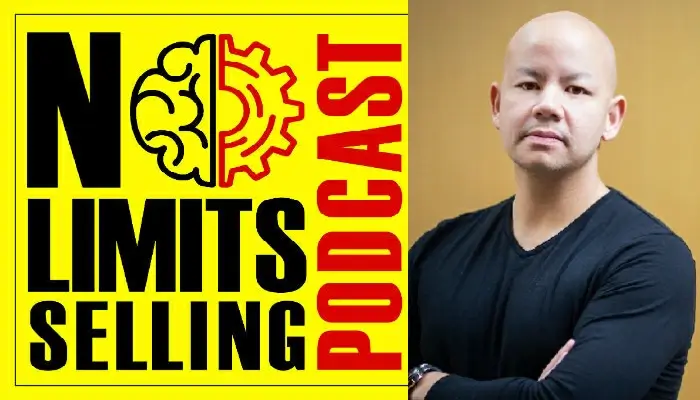
Aaron Rian on Seizing The Opportunity
Aaron Rian is one of the most well known and successful real estate agents in Oregon and Washington. Specializing in the Portland and SW Washington Luxury Housing Market. Aaron’s clientele consist mostly of athletes, corporate executives and high net worth individuals from around the world.Aaron was born and raised in the Portland area, where he continues to live to this day. His extensive firsthand knowledge of the area gives him a powerful perspective on its most advantageous real estate opportunities, which brings immense value to his clients.That in turn has brought Aaron top-level recognition of the excellence of his work. In his five-plus years as a real estate agent, he has been a Top One Percent Portland Metro Realtor and a Multi-Million Dollar Sales Producer. Aaron also won back-to-back “Top Real Estate Agent” awards from the Portland Monthly magazine in 2011 and 2012, and was recently added to the “Registry of Business Excellence™” by America’s Registry of Outstanding Professionals organization.Aaron has also begun to make his mark as a thought leader in the American real estate industry. He has appeared in such national publications as “USA Today” and “The Wall Street Journal,” and was recently featured in “Top Agent Magazine.” His first book, “Out Front: The Art of Closing a Deal,” was sold on Amazon.com and made the best selling authors list.Aaron and his team are on track to close over 199 transactions with a value of nearly 66 million dollars in volume in 2012.

Contact Aaron:
[EDITOR’S NOTE: This podcast is sponsored by No Limits Selling. It is a fun, fast-paced podcast that delivers hard-fought business advice that you can implement today to improve your sales and performance]
Interested In Our Real Estate Coaching Services? Explore Our Website: Link
Feeling Not Well Today? You Can Use Our Mindset Boosters App To amp Up Your Mood: Link
Find us on Social Media:
LinkedIn | Facebook community | Instagram
Like what do you listen to? Subscribe to our podcast!
Ready to become fearless? We can help you become fearless in 60 days so you accomplish more in your career Schedule A 15 min Call with Umar
Summary
Introduction: The Power of Mindset
In a riveting conversation with Umar Hameed, Aaron Rian, a stalwart in the real estate industry, underscores the importance of mindset in achieving success. Rian, who has been in the industry since he was 18, attributes his success to a mindset that embraces challenges and sees opportunities where others see obstacles. He believes that the right mindset can be a game-changer, turning even the most daunting challenges into stepping stones for success.
The Role of Technology in Real Estate
The conversation then shifts to the role of technology in real estate. Rian, a keen adopter of technology, emphasizes its transformative potential. He discusses how technology has streamlined processes, improved efficiency, and opened up new avenues for growth in the industry. He also highlights the importance of staying abreast with the latest technological advancements to stay competitive in this fast-paced industry.
Building a Strong Team
Rian also delves into the importance of having a strong team. He shares his insights on how to build and nurture a team that is not only skilled and experienced but also shares the same vision and values. He stresses the importance of having a team that is committed to the company's goals and is willing to go the extra mile to achieve them.
The Importance of Adaptability
In a rapidly changing industry like real estate, adaptability is key. Rian talks about the need to be flexible and adaptable in order to thrive in the industry. He shares his experiences of navigating through market changes and how his ability to adapt has been instrumental in his success.
Conclusion: The Future of Real Estate
As the conversation draws to a close, Rian shares his thoughts on the future of the real estate industry. He believes that the industry is poised for significant growth and transformation, driven by advancements in technology and changing consumer preferences. He also shares his optimism about the opportunities that lie ahead for those who are willing to embrace change and adapt to the evolving landscape of the real estate industry.
Questions & Answers
What is the role of mindset in achieving success in real estate?
How has technology transformed the real estate industry?
What are the key factors to consider when building a real estate team?
Why is adaptability important in the real estate industry?
Who is Aaron Rian and what is his experience in the real estate industry?
Don’t miss this opportunity to transform your real estate career with one-on-one coaching. As an experienced real estate coach, I, Umar Hameed, am dedicated to helping you unlock your full potential and achieve your real estate goals. To learn more about who am I and my clients ↓
If you’re ready to take the next step, book an appointment with me today and begin your journey toward success in the real estate industry.
